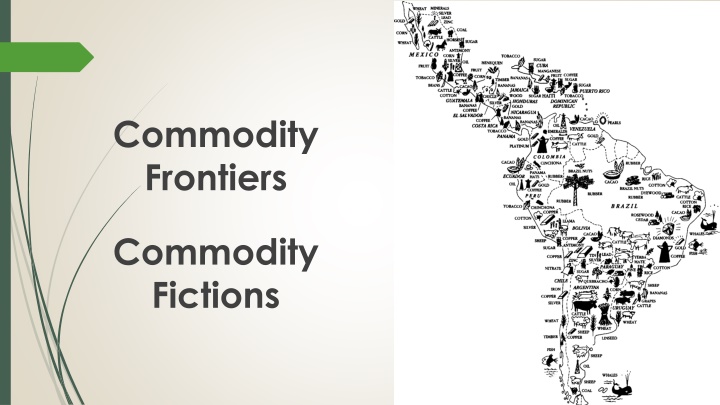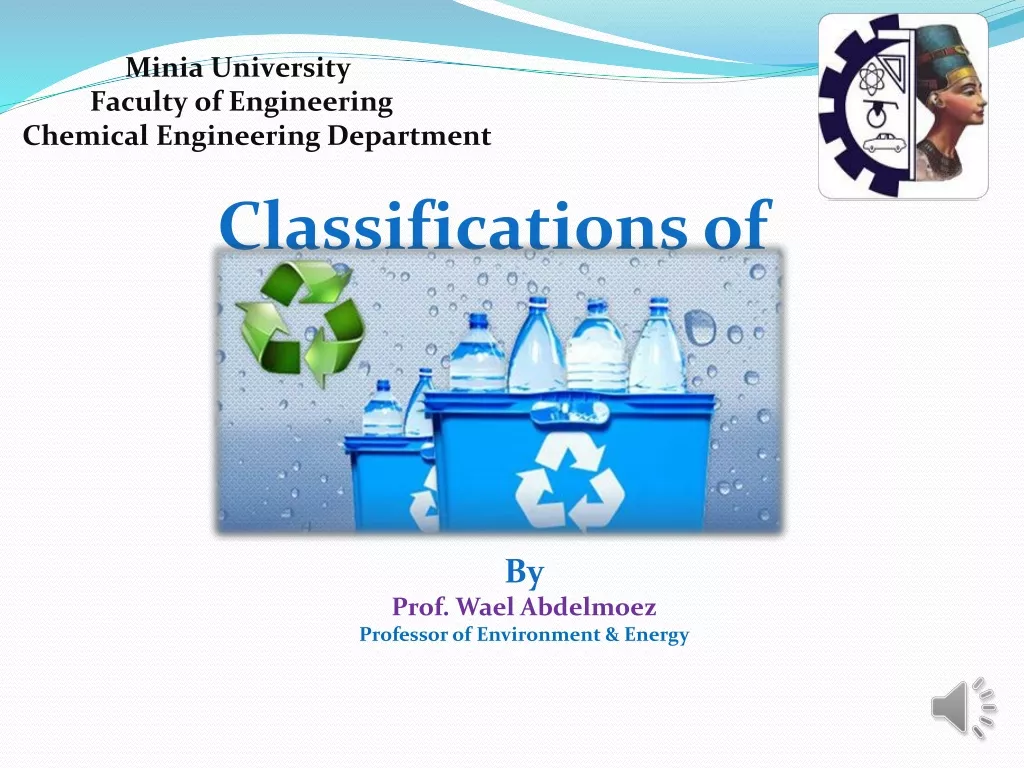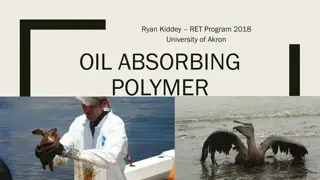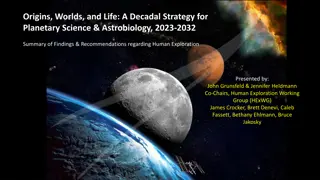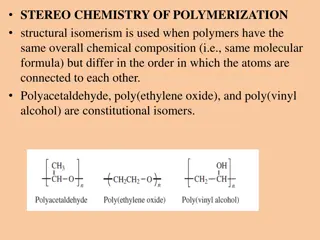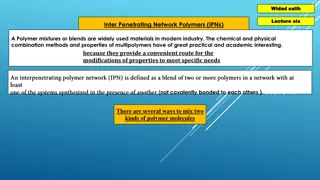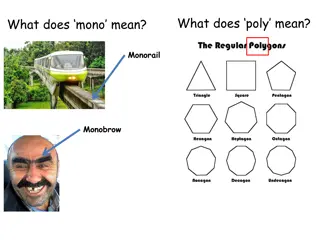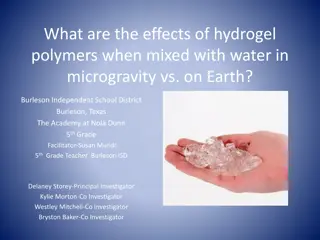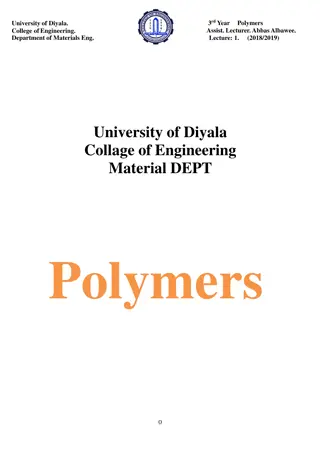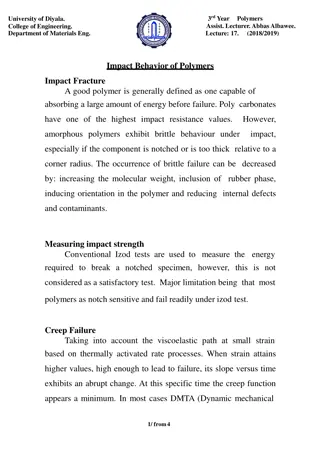Playing with Polymers - 8th Grade Science Exploration
Dive into the world of polymers with Mrs. Tracy Trimpe at Havana Junior High School. Learn about polymerization, natural and synthetic polymers, measuring volume and mass using tools like graduated cylinders and triple-beam balances. Discover the fascinating properties of polymers and their applications in various industries. Engage in fun experiments with boogers, goobers, oobleck, super slime, and more. Explore the wonders of polymers in this interactive science journey.
Download Presentation

Please find below an Image/Link to download the presentation.
The content on the website is provided AS IS for your information and personal use only. It may not be sold, licensed, or shared on other websites without obtaining consent from the author.If you encounter any issues during the download, it is possible that the publisher has removed the file from their server.
You are allowed to download the files provided on this website for personal or commercial use, subject to the condition that they are used lawfully. All files are the property of their respective owners.
The content on the website is provided AS IS for your information and personal use only. It may not be sold, licensed, or shared on other websites without obtaining consent from the author.
E N D
Presentation Transcript
Commodity Frontiers Commodity Fictions
Commodity Frontiers: commodity frontiers: spaces of extraction or production (such as mines or cash-crop plantations) which reorganize land and labour, pumping vast reservoirs of food, energy, or raw materials into the global economy In so doing, they rapidly exhaust human and extra-human natures, compelling the movement of the frontier in search of fresh streams of nature s bounty
Moore: When I speak of commodity frontiers, I am building on world-systems studies of incorporation [. . .]. Whereas incorporation studies have focused on fairly general world-systemic processes and social transformations within particular regions, I wish to draw attention to the ways in which the production and distribution of specific commodities, and of primary products in particular, have restructured geographic space at the margins of the system in such a way as to require further expansion Sugar and the Expansion of the Early Modern World-Economy , pp.409-10)
Commodity frontiers as sites that conjoin contradictory logics: Exploitation (capitalization) appropriation Productivity plunder Paid (wage-) labour unpaid work
Capitalism tends towards the commodification of everything (Wallerstein) However, it also relies on vast streams of unpaid work through which its conditions of reproduction are secured (e.g., domestic labour that helps reproduce the labourer; atmospheric and biogeological processes that produce raw materials and energy sources)
The contradictions of capitalism: historical capitalism depends on unpaid work to keep production costs down; however, it is driven to commodify this work, thereby forcing up its production costs and creating problems of profitability for itself; Consequently, it must seek out and appropriate new streams of unpaid work in order to drive down costs
To drive down costs, capital looks to reorganize human and extra-human natures in such a way as to produce and secure an ecological surplus (Moore) This ecological surplus manifests itself in the FOUR CHEAPS: 1. labour power; 2. food; 3. energy; 4. non-energy inputs such as metals, wood, and fibres.
Commodity frontiers were so extraordinarily effective in the rise of capitalism because the capitalization of socio-ecological relations was joined to the appropriation of nature s free gifts (Marx, 1967, III: 745). On these frontiers, a relatively small volume of capital, backed by territorial power, could appropriate a very large basket of nature s gifts. This explains the apparent paradox of sugar frontiers especially, where precocious forms of technological and institutional innovation took root in distant and seemingly backward regions. Moore, Madeira, Sugar, and the Conquest of Nature, Part II, p. 4
Commodity frontiers as hugely uneven zones, typically combining the modern and the archaic/underdeveloped The plantations, agro-industrial enterprises vital to the reshaping of both food habits and forms of leisure of massive urban European populations, were landmark experiments in modernity Plantation labour was mostly organized on a crew or gang basis, and not much by individual talent. Workers were disciplined to work interchangeably, and by the clock. [. . .] The water- and wind-powered factories were enormous mechanical devices for their times [. . .] The large-scale use of furnaces and vessels was typical. Even steam was adopted very early in the evolution of the sugar industry, before the end of slavery in the case of several Caribbean societies. These technical features, many tied to careful timing, introduced more than just an aura of industrial modernity into what were operations which predated, in many cases by whole centuries, the Industrial Revolution. Sydney Mintz, Enduring Substances, Trying Theories , The Journal of the Royal Anthropological Institute, 2.2 (June 1996): 298.
Unpaid work and the cheapening of nature: To secure unpaid work, capital relies in part on systematically cheapening certain forms of work / certain forms of life The ecology of commodity frontiers involves not only ideologies of extra-human nature that construe it as inert matter / an alien object to be exploited, but also processes of subject formation aimed at ensuring the supply of unpaid human work The racialization and gendering of subjects, and the construction of normative models of sexuality, tends to occur in more explicit and nakedly violent fashion in commodity frontier zones e.g., resource extraction and racism go hand in hand
Sylvia Wynter, Plot and Plantation: the plantation-societies of the Caribbean came into being as adjuncts to the market system; their peoples came into being as an adjunct to the product, to the single crop commodity the sugar cane which they produced. As Eric Williams has shown, our societies were both cause and effect of the emergence of the market economy; an emergence which marked a change of such world historical magnitude, that we are all, without exception, still "enchanted", imprisoned, deformed and schizophrenic in its bewitched reality.
Wynter: History, then, these things that happen, is, in the plantation context, itself, fiction; a fiction written, dominated, controlled by forces external to itself. It is clear then, that it is only when the society, or elements of the society rise up in rebellion against its external authors and manipulators that our prolonged fiction becomes temporary fact.
William Beckford in Descriptive Account of Jamaica (1790): The cane itself is so treacherous a plant, so liable to accidents, and attended with injury, that very little dependence can be placed on its returns. It will sometimes put on a most flattering appearance in the field, will promise much at the mill, and yet in the coppers will unprofitably deceive. (p. 142).
James Grainger, The Sugar-Cane (1764), a georgic ode recounting life on a sugar estate Nor need the driver, thiop authoriz d, Thence more inhuman, crack his horrid whip; From such dire sounds the indignant muse averts Her virgin-ear, where musick loves to dwell: Tismalice now, tis wantonness of power To lash the laughing, labouring, singing throng. (The Sugar-Cane, BookIII. 141 46)
The refinery of colonial literature Yet Grainger s text is as much a poem of evasion as of display, consistently censoring the racial and sexual oppression intrinsic to the plantation culture which inspires it. What is significant about The Sugar-Cane s gaps and silences is the parallels they suggest between aesthetic and economic orders, the making of the poem and the making of the sugar it celebrates: Grainger s text excludes from itself those aspects of slavery the genteel reader might find unpalatable, just as the planter whom he repeatedly addresses, and with whom he identifies, refines out from his sugar those things which threaten its purity and hence its profitability also. (Carl Plasa, Slaves to Sweetness, p. 3)
Matthew Lewis, Journal of a West India Proprietor, Kept during a Residence in the Islandof Jamaica, ed. Judith Terry (New York: OUP, 1999), p. 57. The ripe canes are brought in bundles to the mill, where the cleanest of the women are appointed, one to put them into the machine for grinding them, and another to draw them out after the juice has been extracted [. . .]. The feculent parts of [the juice] rise to the top, while the purer and more fluid flow through another gutter into the second copper. When little but the impure scum on the surface remains to be drawn off, the first gutter communicating with the copper is stopped, and the grosser parts are obliged to find a new course through another gutter [. . .] From the second copper they are transmitted into the first, and thence into two others, and in these four latter basins the scum is removed with skimmers pierced with holes, till it becomes sufficiently free from impurities to be skipped off, that is, to be again ladled out of the coppers and spread into the coolers, where it is left to granulate.
